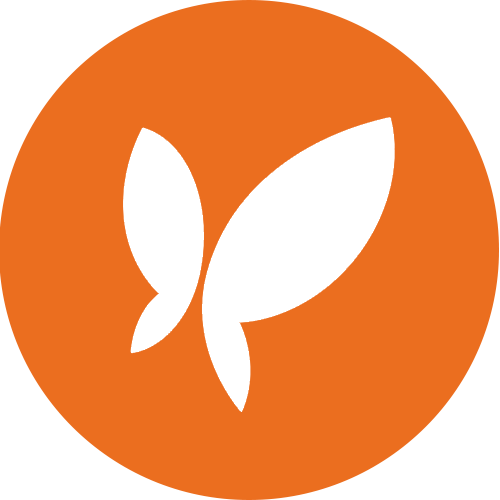Transition (14-21 years)
Transition years (14 to 21) are a critical time that bridges the services provided by school with the adult system. The years go fast. Students and families should use this period to establish and set goals, understand the services and support that may be needed, and plan for the future. Highly individualized, it’s a time to prepare for the change from the special education system to post-secondary education, employment, independent or supportive living, and adulthood.
School’s Role in Transition Planning
Transition services are defined by The New Jersey Administrative Code (NJAC 6A:14) as:
“a coordinated set of activities for a student, designed within an outcome-oriented process, that promotes movement from school to post-school activities, including post-secondary education, vocational training, integrated employment (including supported employment), continuing and adult education, adult services, independent living, or community participation.” (NJAC 6A:14-1.3)
Transition IEP:
Transition services should be a part of the IEP and based on the student’s individual preferences and interests. By age 16, a student’s IEP should include goals and objectives that begin to address a long range plan that emphasizes skills that are needed for adult life. Contact our Helpline for additional assistance with your child’s IEP.
Division of Developmental Disabilities’ Role in Transition Planning
The Division of Developmental Disabilities (DDD) assures the opportunity for individuals with developmental disabilities to receive quality services and supports, participate meaningfully in their communities, and exercise their right to make choices.
At age 18, DDD will assess the individual for eligibility and provide transitional planning assistance. All direct services (residential, in-home, behavioral, family support, etc.) will continue to be provided by DCF until age 21. After age 21, and when the educational entitlement ends, these services may be provided by DDD, either through the Supports Program or through the Community Care Program.
In addition, DDD will offer informational sessions and educational materials on various topics including:
Division of Vocational Rehabilitation Services’ Role in Transition
The Division of Vocational Rehabilitation Services (DVRS) provides employment-related services for adults and students in transition. DVRS assists students with disabilities who need services to prepare for employment, with the goal of preparing them to begin work or post-secondary training that leads to employment upon graduation. DVRS can provide Pre-Employment Transition Services (Pre-ETS) for students with disabilities between the ages of 14-21.
Pre-ETS consists of the following:
These services are available to all students with disabilities, including students who are home-schooled.


